Kia has unveiled a new range of concept electric vans that will form the basis for its commercial vehicle line-up in 2025.
First to arrive will be the PV5, offered with panel van, high-roof and chassis cab bodies as well as a passenger carrying variant that will be suited to ride hailing and taxi services.
Two more vehicles will follow. The larger PV7 and the PV1, a compact model designed for short-distance urban logistics.
All the vans are underpinned by Kia’s Platform Beyond Vehicle (PBV) architecture.
Kia says its PBV proposition is built around a dedicated business system, integrating vehicles, software, and future technologies to “deliver added value”.
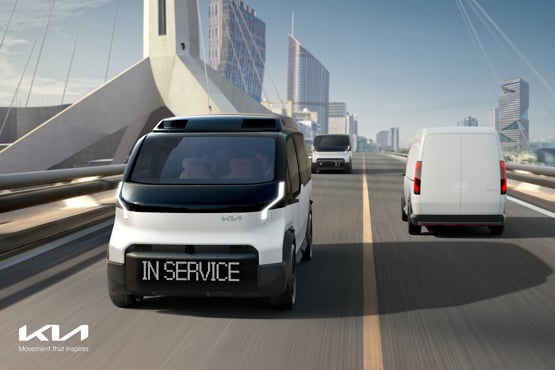
By utilising enhanced connectivity between vehicles and external data such as route or delivery information, the new vehicles will enable convenient operation of multiple vehicles as a software-defined fleet. This should result in less downtime and enhanced cost-effectiveness.
Kia has developed ‘Easy Swap’ technology to flexibly address the diverse demands of customers. It means a single vehicle chassis can be used to fulfil multiple mobility needs. Behind a fixed cab, or ‘driver zone’, a variety of interchangeable upper bodies, or ‘life modules’, can be connected to the base vehicle via a hybrid electromagnetic and mechanical coupling technology, turning the PBV into a taxi during the day, to a delivery van at night, and a personal recreational vehicle on weekends.
“Kia’s PBV business represents our vision of going beyond the traditional concept of automobiles by fulfilling the unmet needs of diverse customers and communities through optimised vehicles and services catering to specific market and business circumstances,” said Ho Sung Song, Kia President and CEO.
“Kia PBVs will be an enabler of business innovation thanks to our customer-centric management system, EV mass production expertise, and the Hyundai Motor Group’s rapidly developing SDx strategy and related future businesses. We are excited to show that we are fully prepared to become the first mover in the global PBV market,” he added.
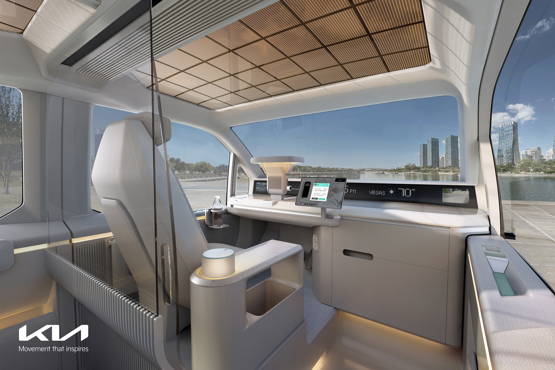
To take full advantage of the opportunities enabled by PBVs, Kia will launch a dedicated business system, encapsulating every aspect of the process, from the product line-up to integration of software solutions, and global partnerships.
The product line-up will be developed based on customer input and feedback to create more tailored, mission-specific solutions.
Through collaboration with global conversion partners, Kia will be able to offer conversion models for various PBV line-ups.
The brand’s solutions for In-Vehicle Infotainment (IVI), Fleet Management Systems (FMS), and charging will leverage vehicle software-based data and AI technologies, further enabling customer-centric solutions, predictive maintenance suggestions to minimise downtime, and charging programs tailored to the customer's business operating environment.
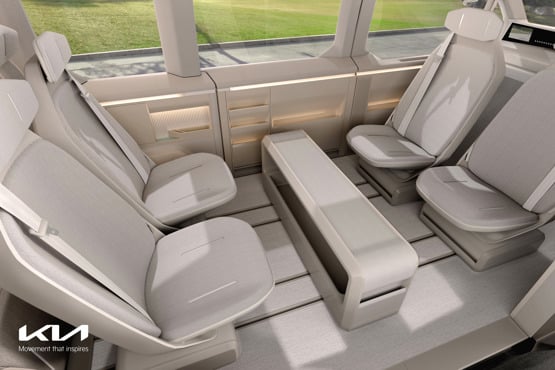



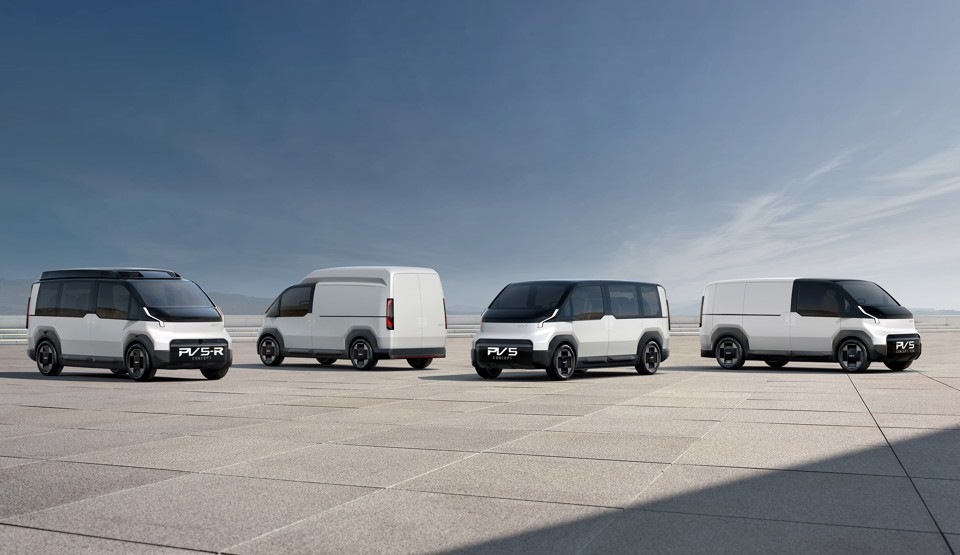


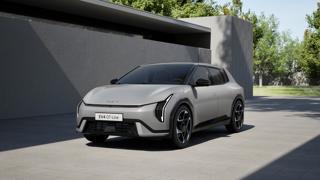
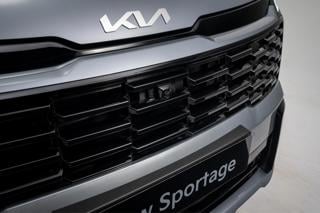

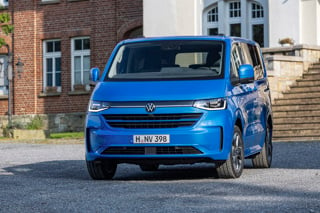













Login to comment
Comments
No comments have been made yet.